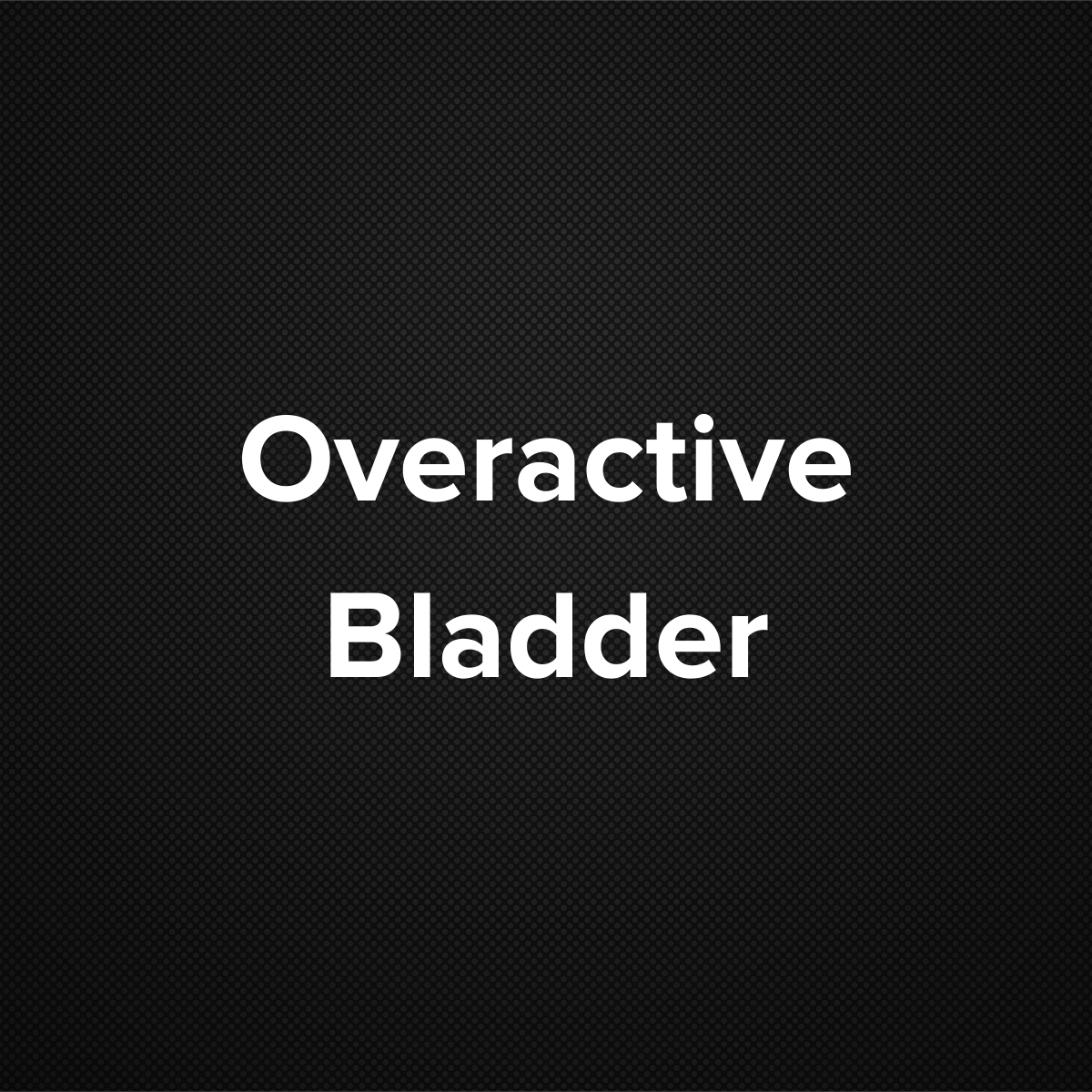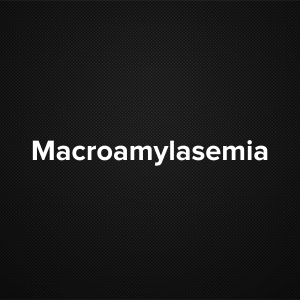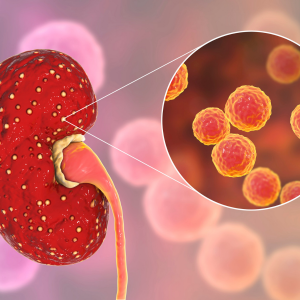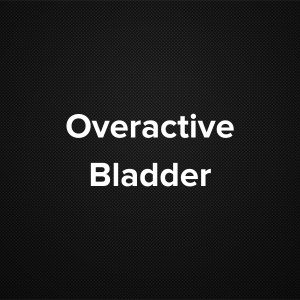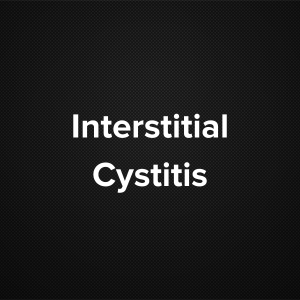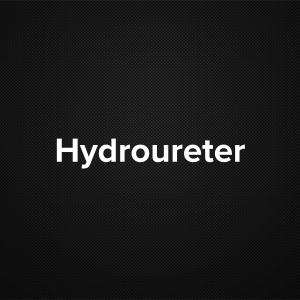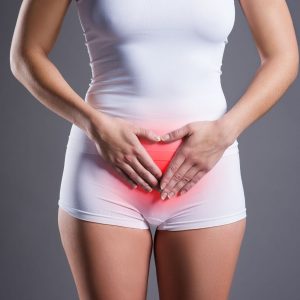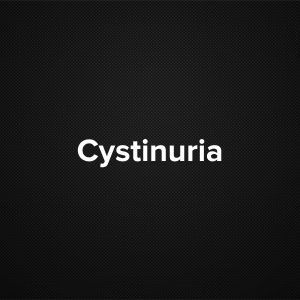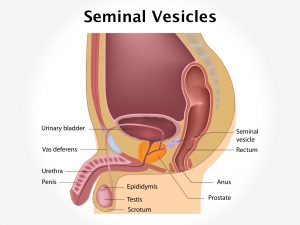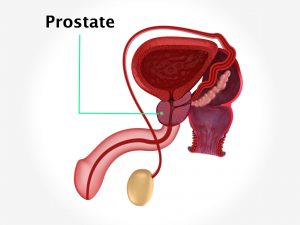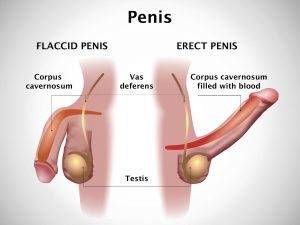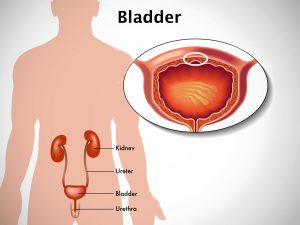Causes and risk factors
In a normal person, when bladder is filled with urine, nerve impulses are sent to brain which send the signals to contract muscles of the bladder and push urine to the urethra. Thus urination proceeds in which the pelvic floor muscles and urethral muscles [urethral sphincter] relax. In overactive bladder, the contractions of bladder muscles are high irrespective of volume of urine in the bladder. This causes a sudden urge to urinate. This is caused due to various reasons such as neurological disorders like Parkinson’s disease, diabetes, heavy fluid intake due to medications, alcohol consumption, UTI, tumours, BEP, renal calculi, reduced cognitive function due to ageing, incomplete bladder emptying, and constipation.
Clinical presentation
Overactive bladder consists of symptoms like a sudden urge to urinate which is difficult to control, increased frequency of urine [ more than 8 times in daytime], involuntary urination [ urge incontinence], waking up 2-3 times at night to urinate. It is often associated with urine incontinence or dribbling. The above symptoms are evaluated in proportion to oral intake of fluids.
Investigation
Medical history by the patient and Clinical examination by the doctor helps in diagnosis. test such as USG pelvis, routine haemogram, urine routine for infection, measuring urine flow rate, measuring post void urine, cystometry [checking bladder pressure] , Urodynamic study may be done.
Treatment
Treatment involves pelvic floor exercises [kegel exercises] to strengthen pelvic muscles, restriction on fluid intake, scheduled voiding of urine, reducing weight in case of obese patients, double voiding, and behavioural therapy. Intermittent catheterisation, use of absorbent pads, bladder training will also help in managing patient with overactive bladder. Treating the underlying cause such as diabetes or neurological disease if present can contribute further to the treatment.
Other Modes of treatment
The other modes of treatment can also be effective in treating overactive bladder.
Homoeopathy is a science which deals with individualization considers a person in a holistic way. This science can be helpful in combating the symptoms. Similarly the ayurvedic system of medicine which uses herbal medicines and synthetic derivates are also found to be effective in treating overactive bladder.
